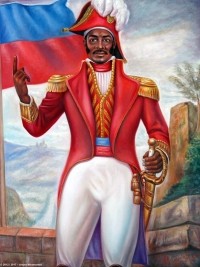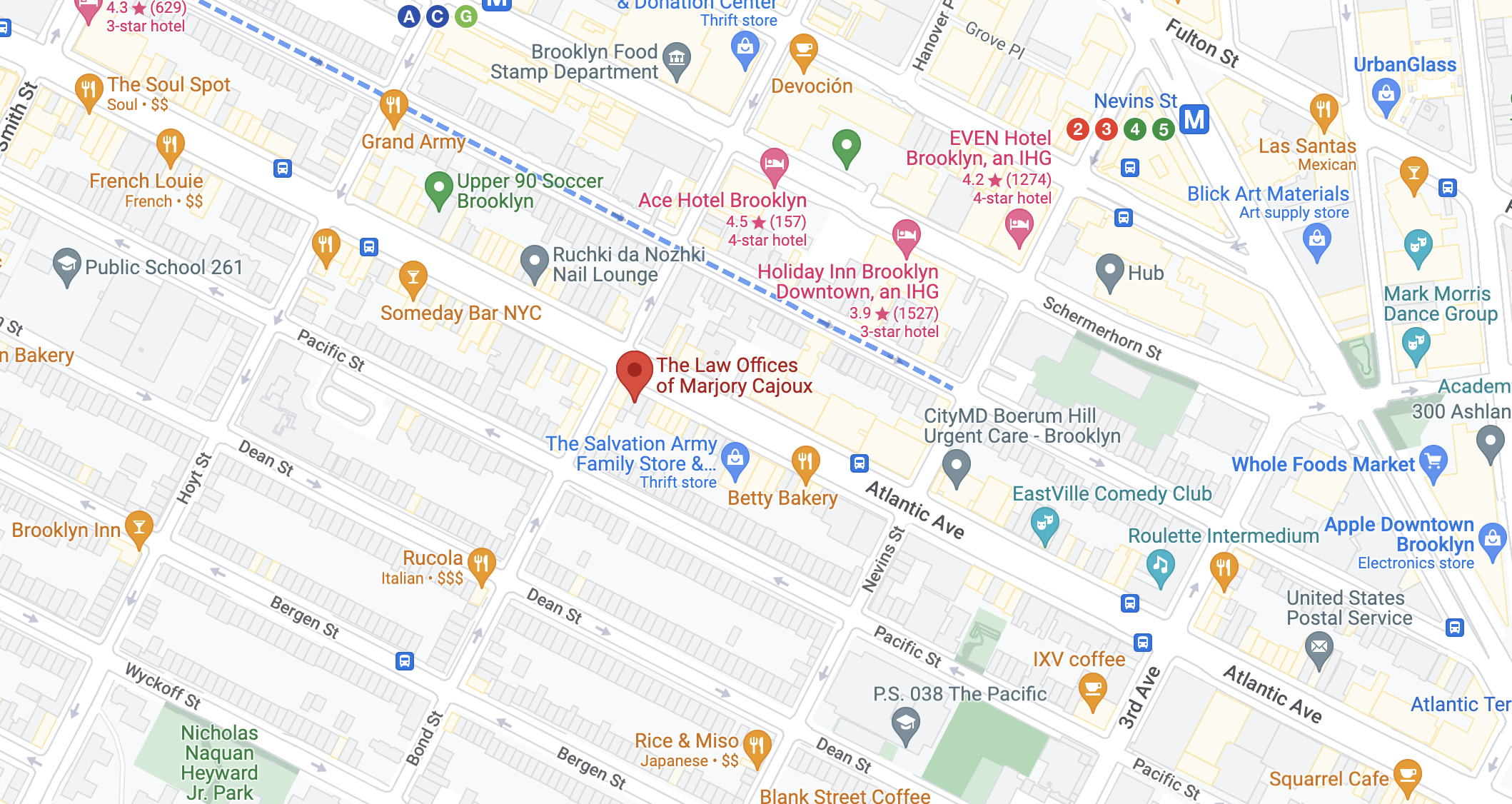“It is important for all of us to appreciate where we come from and how that history has really shaped us in ways that we might not understand.”–Sonia Sotomayor (Associate Justice of the Supreme Court of the United States)
The month of May is Haïtian Heritage Month as well as Asian American and Pacific Islander Heritage Month. It is a time to celebrate and recognize the countless contributions that Haïtians and Asian Americans, Pacific Islanders have made to our nation. It is an opportunity for individuals to recognize their culture, influence, history, and achievements. Asian American Pacific Islander Heritage commemoration was first proposed in 1977 to observe the immigration of the first Japanese to the U.S. (May 7, 1843) and the completion of the transcontinental railroad, constructed mainly by the Chinese immigrant workers (May 10, 1869). In 1978, President Carter made it an annual week-long event and President George H.W Bush extended the proclamation to include the entire month of May.
Haïtian Heritage Month is a nationally recognized. The celebration is an expansion of Haïtian Flag Day which is observed annually on May 18th a patriotic day celebrated on the island of Haïti and throughout the Diaspora to promote patriotism. Although Haïtian Flag Day has been a long-standing tradition, Haïtian Heritage Month was first celebrated in Boston, Massachusetts, in 1998 with parades, ceremonial flag raisings, and much more. Haïtian Flag Day is also a day to officially commemorate all the fallen Haïtian soldiers who helped the United States and many other colonized countries in the Americas gained their independence.
Today we are recognizing these leaders, both living and deceased, who made historical contributions in our society:

Jean-Jacques Dessalines (born September 20, 1758 – October 17, 1806) leader of the Haïtian Revolution and the first ruler of the Republic of Haïti. Under Dessalines, Haïti became the first country to permanently abolish slavery. Dessalines was later named Jacques I Emperor of Haïti by generals of the Haïtian Revolution Army and ruled in that capacity until his assassination in 1806. He is regarded as one of the founding fathers of the Haïtian Republic.

Raymond Joseph Lohier Jr. (born December 1, 1965) is a Canadian-born American lawyer and jurist who serves as a United States Circuit Judge of the United States Court of Appeals for the Second Circuit. Lohier was a former Assistant United States Attorney for the Southern District of New York and Senior Trial Attorney in the United States Department of Justice Civil Rights Division. He is the first Haïtian-American to serve as an Article III Federal Judge and the first to be unanimously confirmed by the United States Senate as a Judge for the Second Circuit of New York.

Hong Yen Chang (born 1859 or 1860 – died August 4, 1926) was reportedly the first Chinese immigrant licensed to practice law in the United States. Though he was admitted to the New York State Bar, he was denied admission to the California State Bar in 1890. He remained a prominent member of the Chinese community and went to lead a distinguished career in banking and diplomacy. In 1909, Chang became a diplomat, participating first in a Special Mission to the United States, and then serving the Chinese Legation in Washington D.C.






